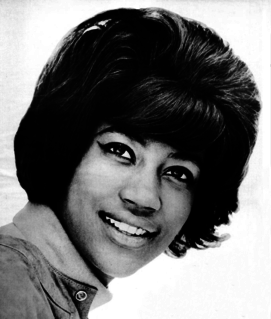A Quote by Anna Deavere Smith
You know, real artists, we expose our flaws. We long for intimacy.
Related Quotes
Marriage is a way to avoid intimacy. It is a trick to create a formal relationship. Intimacy is informal. If a marriage arises out of intimacy it is beautiful but if you are hoping that intimacy will arise out of marriage, you are hoping in vain. Of course, I know that many people, millions of people, have settled for marriage rather than for intimacy - because intimacy is growth and it is painful.
Artists love other artists. Shadow artists are gravitating to their rightful tribe but cannot yet claim their birthright. Very often audacity, not talent, makes one person an artist and another a shadow artist-hiding in the shadows, afraid to step out and expose the dream to the light, fearful that it will disintegrate to the touch.
Digital intimacy ruins the appetite for the real thing. So, when kids are gaming or even when spouses are gaming, they lose their appetite for genuine intimacy. Kids lose their appetite for getting their intimacy needs, their hunger for significance and attachment, with the family, and it erodes the relationship between them and their parents.
Delirious as it can be, sex is only one kind of intimacy, and yet has become the cultural catchment area for all kinds of needs because our understanding of intimacy is so poor. Brutal work schedules, related geographic isolation, and the concomitant fracturing of families has meant that there is little time for intimacy, and even less to teach the necessary skills. But intimacy, the axis of romance, is slow, based on the sharing of a life rather than show. In terms of intimacy, folding laundry together or sharing the feeding of a child can have more impact than the most extravagant bouquet.




































